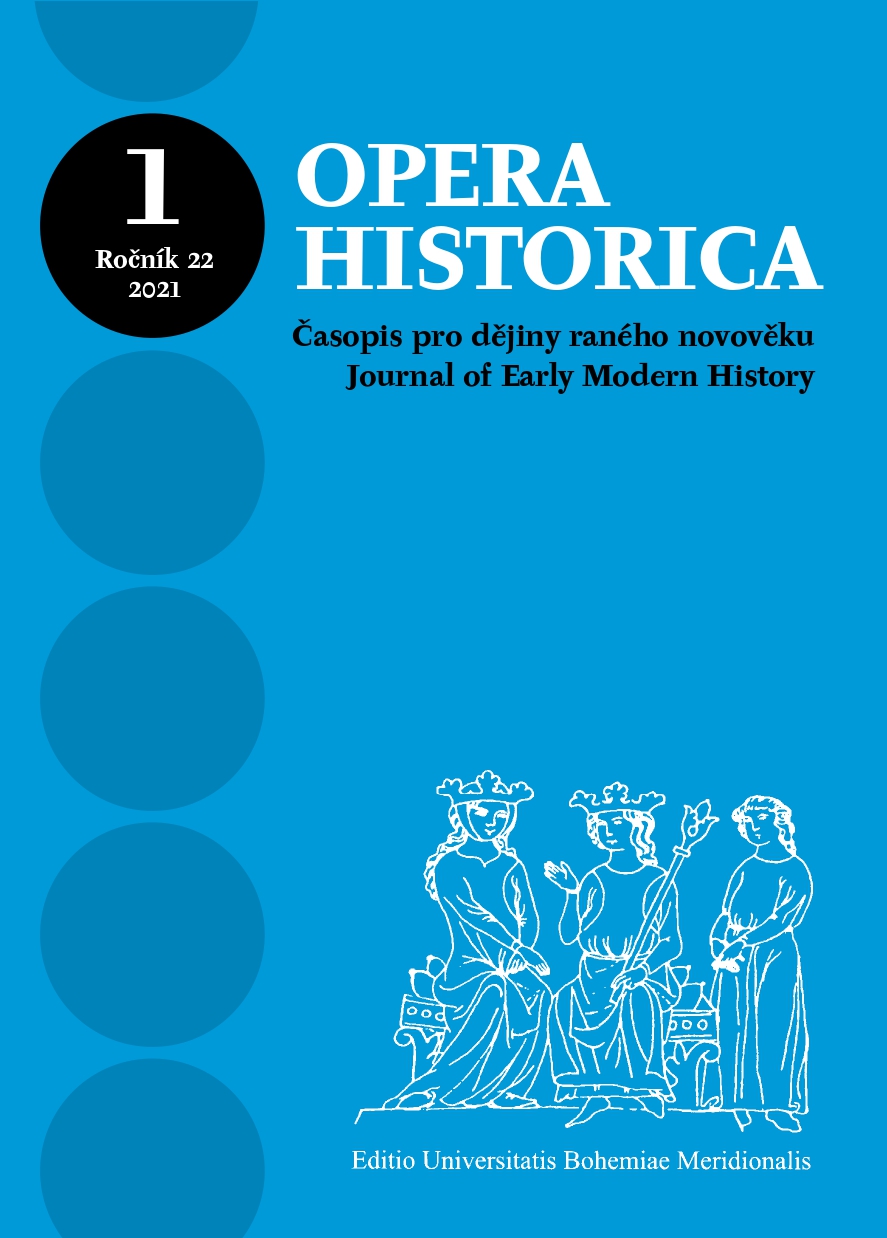Hungarian Consequences of the Toleration Missions to Bohemia and Moravia around 1800
Hungarian Consequences of the Toleration Missions to Bohemia and Moravia around 1800
Author(s): János UgraiSubject(s): Christian Theology and Religion, Cultural history, History of Religion
Published by: Jihočeská univerzita v Českých Budějovicích
Keywords: Czech History; Hungarian History; Protestantism; Toleration Preachers; Reformed College of Sárospatak;repatriation;
Summary/Abstract: The help provided by Hungarian fellow believers played a crucial role in the revival of Protestantism in Bohemia and Moravia after the Edict of Toleration of 1781. Two thirds of the approximately 70 reorganized Reformed congregations had Hungarian pastors from Hungary. Most of them had been sent by the Reformed Church District of Tiszáninnen, which convinced almost 40 young preachers to participate in the „Bohemian mission.“ Whereas the missionary work of the pastors in Bohemia and Moravia has been amply researched, the impact of their missions on Hungary has been largely neglected. Their mission was, however, a relationship with two ends. In this article I seek to close this gap on the basis of recently collected data on students from the Bohemian lands at the Reformed College of Sárospatak and the documents on the repatriation of the Toleration Preachers and their widows who returned back to Hungary.
Journal: Opera Historica
- Issue Year: 22/2021
- Issue No: 1
- Page Range: 71-86
- Page Count: 16
- Language: English

